Tom Wilson (March 25, 1931 – September 6, 1978) – And You Call That Love (1975)
The legendary producer behind seminal LPs by Dylan, Simon & Garfunkel, Zappa, and the Velvets produced this funk gem for unsung guitarist Vernon Burch.
View most updated version of this post on Substack
Search our full archives
Tom Wilson was a legendary producer whose short-lived jazz label Transition Records released the debut albums by Sun Ra, Cecil Taylor, and Donald Byrd in the late 1950s. The counterculture of the sixties would not have sounded the same without him, thanks to his subsequent production of seminal albums by Bob Dylan, Simon & Garfunkel, Frank Zappa’s Mothers of Invention, and the Velvet Underground.
Born in Waco, Texas, Thomas Blanchard Wilson Jr. fell in love with jazz at an early age. After graduating from A.J. Moore High School in Waco, he first attended Fisk University in Nashville, TN before transferring to Harvard in the early fifties. There he served on the executive board of the Harvard New Jazz Society.
While still at Harvard, Wilson borrowed $500 and used it to launch his own Transition Records label. He went on to record many up and coming artists and released about a dozen records on Transition. Among them were the debut albums by Donald Byrd (Byrd Jazz, 1956), Cecil Taylor (Jazz Advance, 1957), and Sun Ra (Jazz By Sun Ra, 1957, which heralded the arrival of a new interplanetary force in jazz from the moment its stellar opening cut “Brainville” kicked off).
Before Transition folded in 1957, Wilson released the sampler LP Jazz In Transition (1956), sold for only $1.98, which showcased the label’s amazing lineup of artists including Art Blakey, Horace Silver, Pepper Adams, Curtis Fuller, Philly Joe Jones, Paul Chambers, and John Coltrane. One track on the album was “Trane’s Strain,” recorded on April 20, 1955 in Cambridge, MA. It featured Adams on baritone sax, Jones on drums, Chambers on bass, pianist Roland Alexander, Fuller on trombone, and Coltrane on tenor sax.
Wilson moved on to work as a producer for United Artists and Savoy Records. In the early sixties, he was hired as a staff producer by Columbia Records. When the label’s new folk artist Bob Dylan split with his original producer John Hammond in early 1963, Wilson stepped in to finish producing his second album, The Freewheelin' Bob Dylan.
In a 1970s interview quoted in Clinton Haylin's book Bob Dylan: Behind the Shades Revisited (2000), Wilson recalled:
“I didn't even particularly like folk music. I'd been recording Sun Ra and Coltrane ... I thought folk music was for the dumb guys. [Dylan] played like the dumb guys, but then these words came out. I was flabbergasted.”
Dylan recorded four of its tracks in a final recording session on April 24, 1963, produced by Wilson, including the classic “Girl From The North Country” and one of his all-time greatest message songs, “Masters of War.”
While Dylan’s debut album for Columbia had only sold 5,000 copies, The Freewheelin' Bob Dylan made him a superstar, taking off immediately with sales of 10,000 copies per month after its release in May, 1963. Dylan was profiled in a lengthy Playboy article by Nat Hentoff that appeared in June, and that July he and Joan Baez performed together at the second Newport Folk Festival. The LP hit the Billboard 200 in September, peaking at #22, although it eventually sold over a million copies in the U.S. and was certified platinum.
Wilson went on to produce Dylan’s next three classic albums, The Times They Are a-Changin' (1964), Another Side of Bob Dylan (1964), and Bringing It All Back Home (1965). He was an important influence on Dylan moving beyond his acoustic folk beginnings and embracing an electrified rock sound. Wilson co-produced his sixth studio album Highway 61 Revisited (1965) including its lead single “Like A Rollin’ Stone,” but he and Dylan had a falling out during the track’s recording and producer Bob Johnston was brought in to finish the album. The exact nature of their disagreement remains unclear, but it was possibly over the prominence of guest musician Al Kooper’s improvised electric organ riff in the final mix, which critics called one of the song’s most memorable features.
To Dylan’s credit, when Rolling Stone’s white supremacist and misogynist co-founder Jann Wenner tried to goad him into badmouthing Wilson in a 1969 interview with the magazine, he didn’t take the bait. As reprinted in Dylan on Dylan: The Essential Interviews, Wenner asked, “There's been some articles on Wilson and he says that he's the one that gave you the rock and roll sound. Is that true?” To which Dylan responded:
“Did he say that? Well if he said it... [laughs] more power to him. [laughs] He did to a certain extent. That is true. He did. He had a sound in mind.”
As The Freewheelin' Bob Dylan was climbing the charts in late 1963, Wilson went to an open mic night at Gerde’s Folk City in Greenwich Village where he discovered a duo calling themselves Kane & Garr. He was interested in one of the songs they performed, “He Was My Brother,” and wanted to record it with The Pilgrims, a new British act. The duo’s songwriter Paul Kane (aka Paul Simon) persuaded Wilson to let them audition for him in the studio, and after they performed “The Sound of Silence,” Columbia signed them on Wilson’s recommendation.
He produced the newly-christened Simon & Garfunkel's debut album Wednesday Morning, 3 A.M., recorded during March, 1964 and released six months later. It was initially a failure, only selling 3,000 copies. They broke up, with Simon moving to England and Garfunkel going back to school as an undergrad at Columbia University. Simon released his first solo album in the UK, The Paul Simon Songbook (1965), which Wilson also produced.
In the spring of 1965, a late-night DJ in Boston began playing the album version of “The Sound of Silence.” It caught on with the city’s large college audience, and was soon being added to other stations’ playlists on the East Coast. When Wilson found out, he went back into the studio that June and created a rock remix of the song, overdubbed with electric guitar, electric bass, and drums. He didn’t inform Simon or Garfunkel, and Columbia released the new, electric single version in September (slightly retitled as “The Sounds of Silence”) without their knowledge.
It shot up the charts, eventually going all the way to #1 on the Billboard Hot 100 in early January, 1966. Simon returned to New York in the fall of 1965, reunited with Garfunkel, and they quickly began recording their second album, which would be titled Sounds of Silence and released on January 17, 1966.
If his work with Dylan and Simon & Garfunkel wasn't enough, Wilson cemented his place in the pantheon of sixties music legends when he went on to produce the highly influential debut albums of Frank Zappa's Mothers Of Invention (Freak Out!, 1966) and the Velvet Underground (The Velvet Underground & Nico, 1967). He was only officially credited with producing one track on the latter (“Sunday Morning”) with Andy Warhol billed as having produced the LP.
But according to Velvets member John Cale, Warhol barely attended the recording sessions and Wilson actually produced the entire album.
During a stint with Motown in the early seventies, Wilson produced Nick Ashford’s funky 1970 single “Dead End Kids” b/w “Let's Go Get Stoned," both co-written by Ashford and Valerie Simpson, with the B-side also co-written by “Joshie” Jo Armstead.
He later worked for Motown’s Natural Resources subsidiary, where he produced albums for soul-rock groups like Road, Two Friends, and Tata Vega’s Earthquire.
Wilson co-produced I'll Be Your Sunshine (1975), the debut solo album by the legendary guitarist Vernon Burch who played with both the Delfonics and the Bar-Kays. All of the tracks he co-produced were gems, including the funky title track, the upbeat funky jam “Ain't Gonna Tell Nobody,” the mellow laid back “Dreamin',“ and the superb cuts “Sit, Sigh And Wonder Why” and “Give Love A Try.”
The entire album was written by Burch and arranged by H.B. Barnum. Its top-notch backing vocalists were sisters Julia Tillman Waters and Maxine Willard Waters, Carolyn Willis, Kim Carnes, and Susaye Greene, who was shortly to join the Supremes. The LP’s masterpiece cut was arguably the super funky “And You Call That Love” which was also co-produced by Wilson.
In the mid-seventies, Wilson assisted with production on two albums Gil Scott-Heron and Brian Jackson released on Arista, the double LP It’s Your World (1976) and Bridges (1977). He also associate-produced a jamming 1976 special disco version of Scott-Heron’s all-time classic “The Bottle.”
Sadly, Wilson died of a massive heart attack in 1978, gone far too soon at age 47.
Happy Heavenly Birthday to the great Tom Wilson.
Further info:
“Tom Wilson, Producer,” ProducerTomWilson.com.
“The Producers: Tom Wilson,” by Derek Ansell, Jazz Journal, 2012.
“Tom Wilson, Producer: part 1,” The Music Aficionado, June 30, 2021.
“Biopic on Bob Dylan-Velvet Underground Producer Leads The Slate of Forthcoming Films From Pfonetic,” Variety, August 4, 2023.
#soul #funk #rock #folk #disco #TomWilson


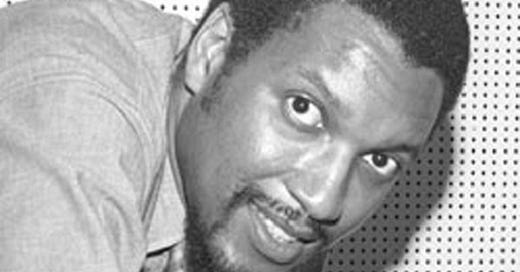

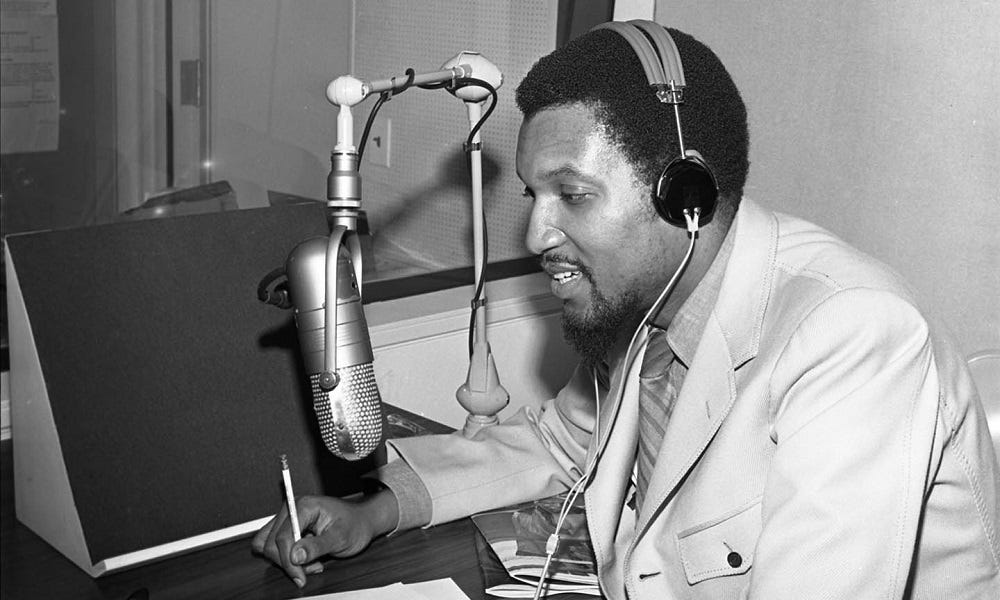

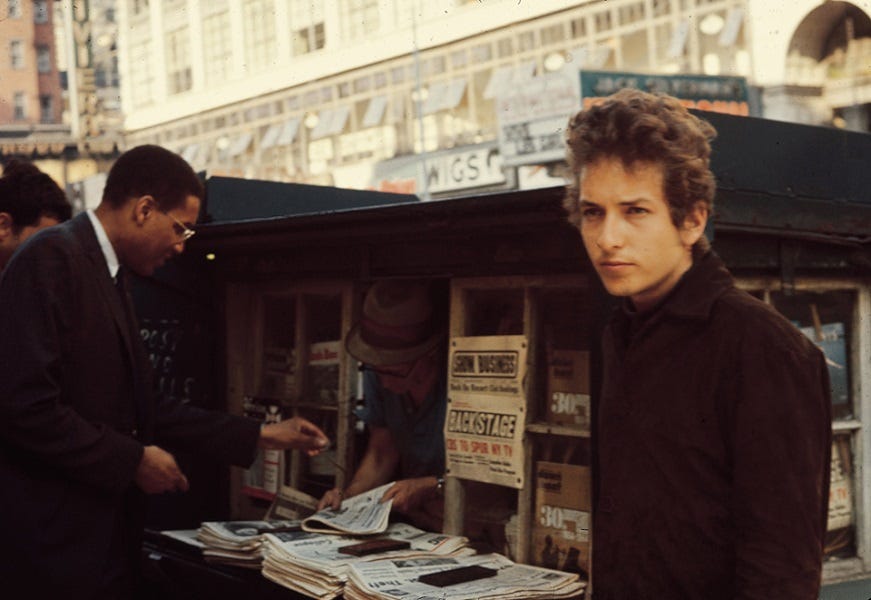
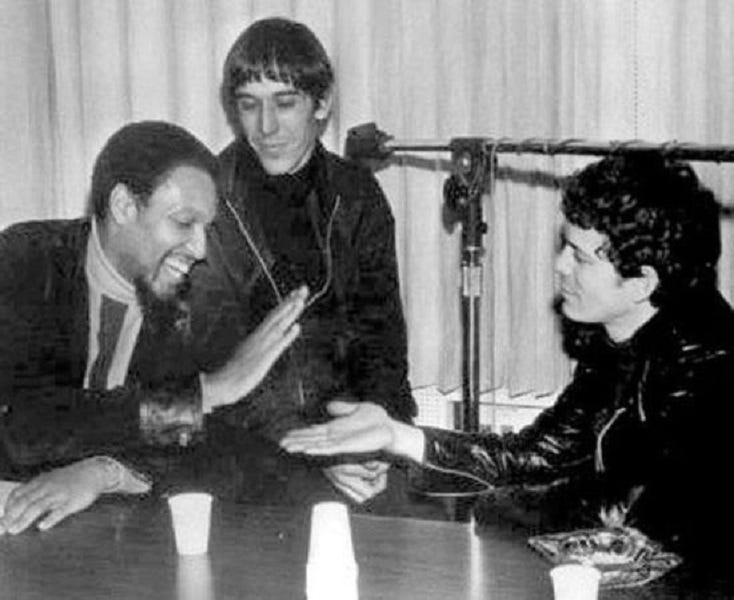
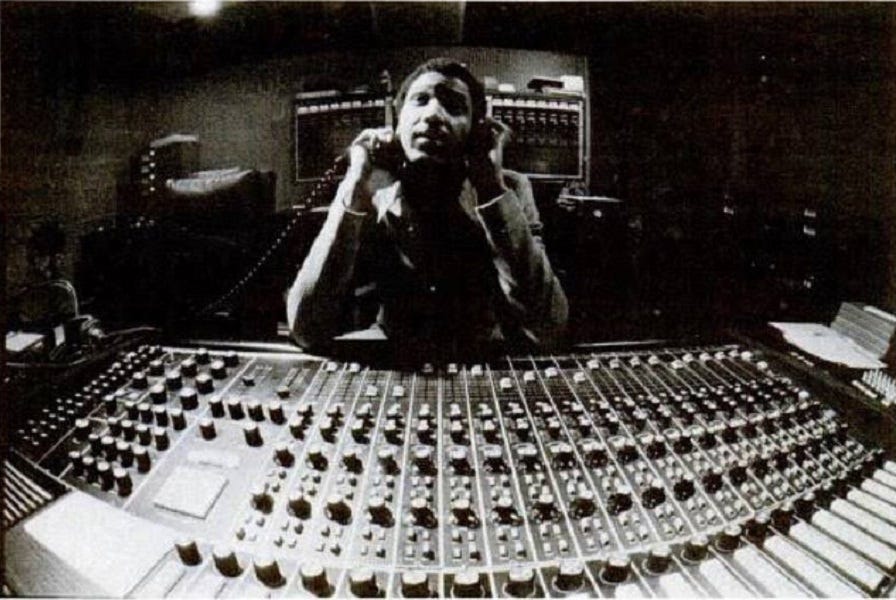
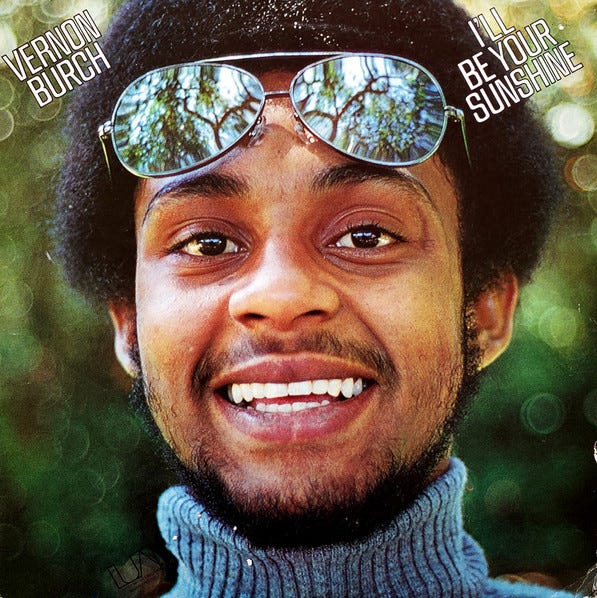

Great read. 👍🏾🎼